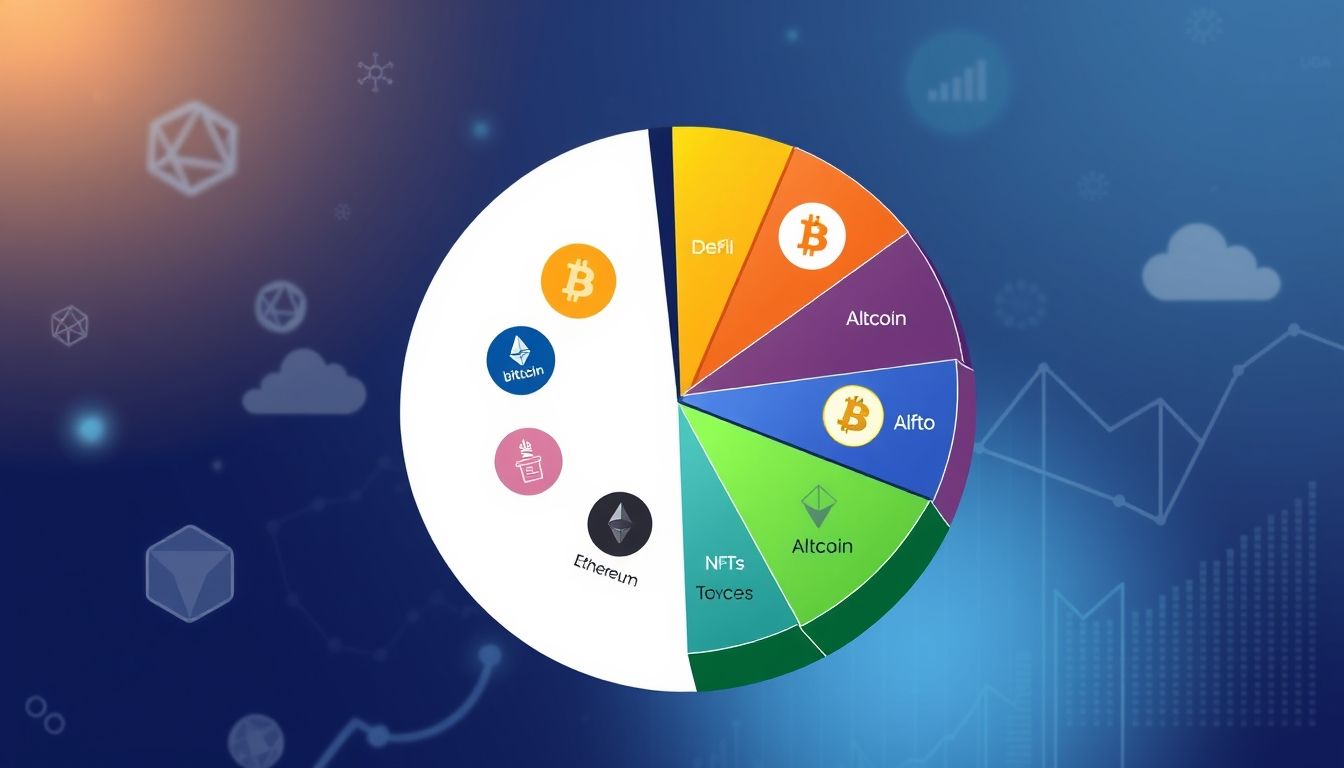Introduction: Privacy as a Core Need in the Cryptocurrency World
In the age of data, privacy has become a valuable commodity. With the increasing popularity of cryptocurrencies, the need for solutions that maintain the confidentiality of transactions and prevent tracking has emerged. Monero, Zcash, and Dash are three leading digital currencies that seek to meet this need, but with different approaches and technologies.
Chapter 1: Overview of Monero
1.1 What is Monero?
Monero is an open-source cryptocurrency that focuses heavily on privacy and security. Launched in 2014, it is based on the CryptoNote protocol, which provides an additional layer of anonymity to transactions.
1.2 How Does Monero Achieve Privacy?
- Ring Signatures: Allow the sender to hide their identity by merging their signature with other signatures from the network.
- Stealth Addresses: Hide the recipient's real address, making it difficult to link transactions to a specific user.
- Ring Confidential Transactions (RCT): Hide the value of the transaction, preventing the disclosure of the amount sent or received.
1.3 Pros and Cons of Monero
Pros: Strong privacy, censorship resistance, active community.
Cons: Larger transaction size, may be less attractive to regulators.
Chapter 2: Overview of Zcash
2.1 What is Zcash?
Zcash is a cryptocurrency that focuses on optional privacy. Launched in 2016, it is based on the zk-SNARKs protocol, which allows for "shielded" transactions that hide the sender, receiver, and amount information.
2.2 How Does Zcash Achieve Privacy?
Zcash uses zk-SNARKs (Zero-Knowledge Succinct Non-Interactive Argument of Knowledge) technology to prove the validity of a transaction without revealing any information about it. This allows users to send and receive funds completely privately.
2.3 Pros and Cons of Zcash
Pros: Optional privacy, innovative zk-SNARKs technology, strong institutional support.
Cons: Technical complexity, shielded transactions consume more resources, controversial "setup ceremony."
Chapter 3: Overview of Dash
3.1 What is Dash?
Dash is a cryptocurrency that focuses on speed and optional privacy. Launched in 2014 under the name XCoin, then Darkcoin, before being renamed Dash. Dash offers the PrivateSend feature, which mixes transactions to make them more difficult to track.
3.2 How Does Dash Achieve Privacy?
Dash relies on the PrivateSend feature, which uses MasterNodes to mix transactions. This makes it difficult to track the source and destination of funds.
3.3 Pros and Cons of Dash
Pros: Transaction speed, optional privacy, MasterNodes system provides incentives for operators.
Cons: Less robust privacy compared to Monero and Zcash, potential centralization due to the MasterNodes system.
Chapter 4: Comparison Between Monero, Zcash, and Dash
| Feature | Monero | Zcash | Dash |
|---|---|---|---|
| Privacy | Mandatory | Optional | Optional |
| Technology | Ring Signatures, Stealth Addresses, RCT | zk-SNARKs | PrivateSend (Mixing) |
| Speed | Slower | Slower (Shielded Transactions) | Faster |
| Decentralization | Higher | Higher | Lower (MasterNodes) |
| Adoption | Growing | Growing | Growing |
Chapter 5: Regulatory and Legal Challenges
Privacy-focused cryptocurrencies face significant regulatory and legal challenges. They are often seen as tools for money laundering and financing illegal activities. However, privacy advocates argue that they are necessary to protect user rights and freedoms.
Chapter 6: Real-World Use Cases
Privacy-focused cryptocurrencies are used in a variety of cases, including:
- Protecting personal privacy: Preventing companies and governments from tracking your financial transactions.
- Supporting legitimate business transactions: Protecting sensitive business information from competitors.
- Funding open-source projects: Providing a safe and anonymous way to donate to projects.
- Investigative journalism: Protecting sensitive information sources.
Chapter 7: The Future of Privacy in Cryptocurrencies
With increasing awareness of the importance of privacy, demand for privacy-focused cryptocurrencies is expected to increase. Technological advancements will play a crucial role in improving the efficiency and security of these currencies.
Chapter 8: Tips for Privacy-Conscious Users
- Use secure wallets: Choose wallets that support privacy features.
- Be careful about your information: Avoid sharing your personal information with untrusted parties.
- Use VPNs and Tor: To hide your IP address.
- Stay informed: Keep up with the latest developments in the field of privacy in cryptocurrencies.
Chapter 9: Impact of Privacy on Cryptocurrency Adoption
Privacy can have a significant impact on cryptocurrency adoption. For some users, privacy is an essential feature, while others prefer transparency. Cryptocurrencies must balance privacy and transparency to attract a wide audience.
Chapter 10: Conclusion: Privacy as a Core Value
Privacy is not just an extra feature, but a core value that must be protected in an increasingly interconnected digital world. Monero, Zcash, and Dash are just examples of cryptocurrencies that seek to provide this value. As technology continues to evolve, we are likely to see more innovations in the field of privacy in cryptocurrencies.




